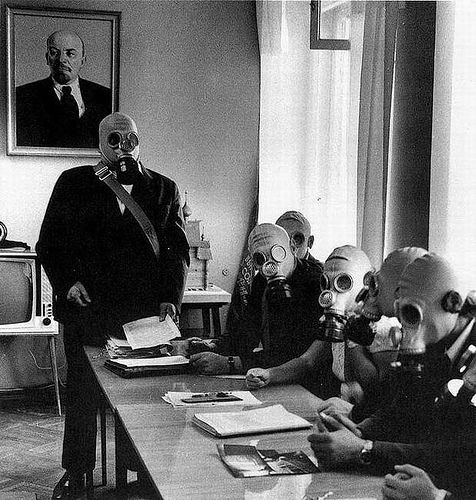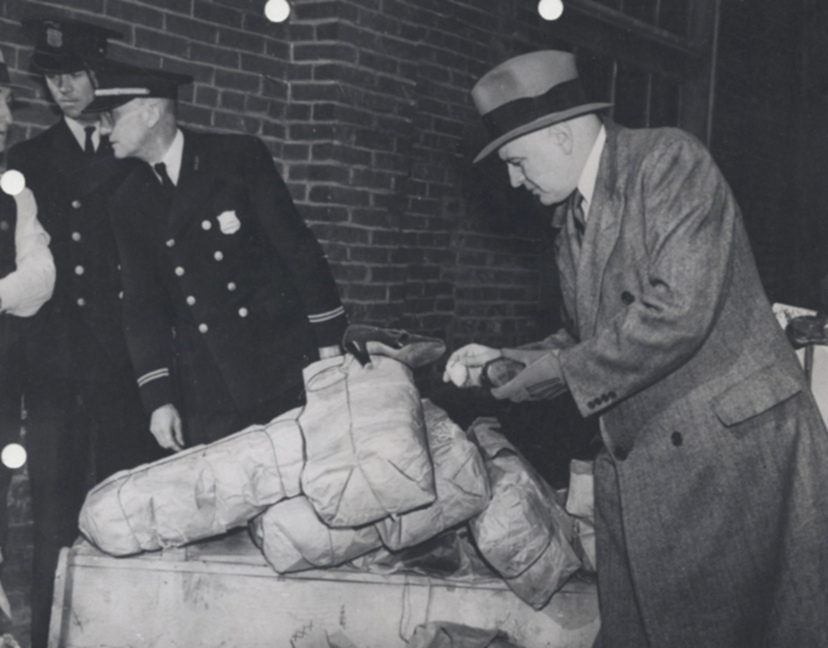The Player was about the movie business in the same way that The Godfather was about the Mafia: ostensibly.
Both were actually studying a larger idea, American capitalism itself, and the way that money and power can awaken a ruthlessness in those looking to make the grade. The savagery of Michael Tolkin’s 1988 Hollywood Babylon seems almost quaint in retrospect, a stunning turn of events that shows how far we’ve fallen in the decades since. That’s not an isolated event: Dick Cheney, a war criminal, now seems a cooler head by comparison in 2017, the year that the U.S.A. went full apeshit. In this sickening moment of the White House occupied by a Berlusconi who dreams of being a Mussolini, the dystopia fits into the shrunken screens of our smartphones. The pictures got small, yes, but so have we.
In a smart Los Angeles Review of Books Q&A conducted by David Breithaupt, Tolkin considers culture, government and climate change in the time of Trump, and discusses his futuristic new novel about biological disaster, NK3. An excerpt:
Question:
We have suffered catastrophes throughout history. Do you think our current one can be corrected?
Michael Tolkin:
So the story goes that Max Brod, Kafka’s friend and biographer, asked Kafka, “Franz, is there hope?” And Kafka answered, “Oh yes, Max, there’s plenty of hope, an infinity of hope — but not for us.” We’re an omnivorous, territorial, and essentially lazy ape that gathers in bands to steal from others, or force them to work for us, and then sing about it and sometimes even feel bad about how bad we are, but still, you know, go on more with the bad than the good. We’re wired for apprehension and hoarding, and we follow the leader. We have religion to mitigate and excuse. We have art for who the fuck knows, really? We’re funny, no question about our sense of humor, especially our gallows humor. We leave loopholes in all our contracts. This is the dystopia now and has been for a long time. The essence of climate denial is to make a bet that the scientists are wrong so there’s no necessity for prudence, just in case the scientists are right. To be prudent might cost money, and if the scientists are wrong, then that money would be wasted. The denial argument is an equation: better to risk the life of the planet than lose money. And we go along with this because it’s too hard to fight peacefully over a long period. The arc of history may bend toward justice, but not in our lifetimes. There’s going to be a massive die off, but in the long run … Consider the animal videos on YouTube, all the little movies showing animal intelligence, animal capacity for love, and animal capacity for joy. This is a new thing — they are evolving ahead of us, they are rejoicing. That dog and goose chasing each other around the rock, that Russian crow sledding on a pitched roof, that cat rescuing the puppy from the ditch, that elephant sitting on the car. They know something. They know we’re on the way out, even if a million more species are killed, in the very long run, soulful life will return to dominion, finding niches and making a shared ecology, without us. And that’s just the way it’s going to be. In the short run, the fuckers are going to have their celebration of blood. In the long run, intelligent bacteria will eat their flesh.
Question:
That’s a nice image, wildlife taking over the Earth after we are gone, perhaps the only comforting thought about our dilemma. Spalding Gray said Mother Earth needs a good long break from us. Is it time to pack it in? One of your characters at the end of NK3 says that every civilization is crushed by its own stupidity. Kurt Vonnegut thought we have passed the point of no return. Where do we go from here?
Michael Tolkin:
Get out the vote. That’s where we go. Otherwise, it’s pitchforks and torches, and that’s what we’re being goaded toward.•


